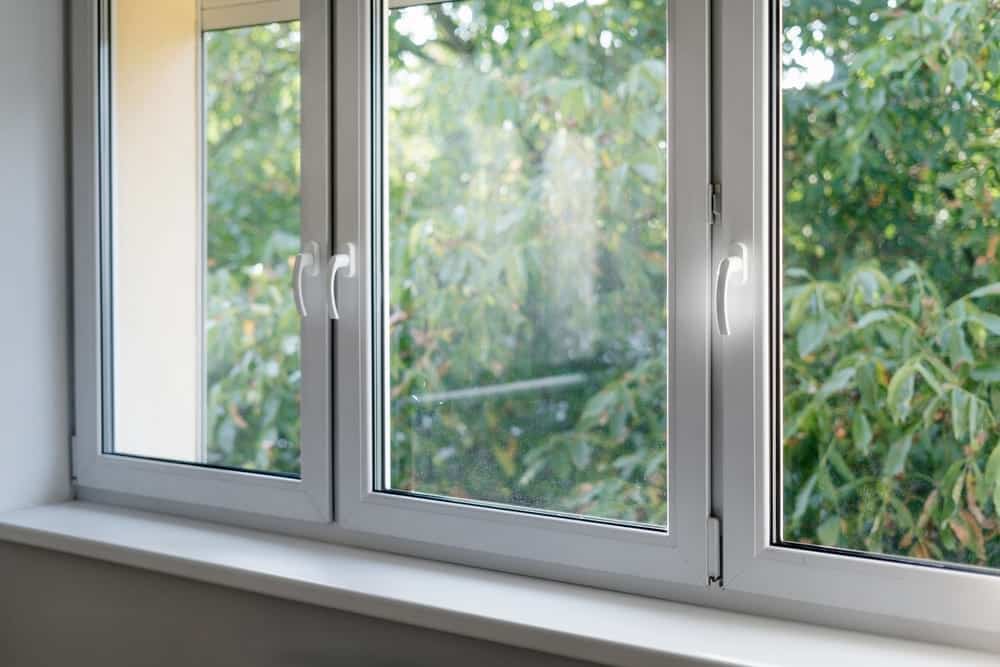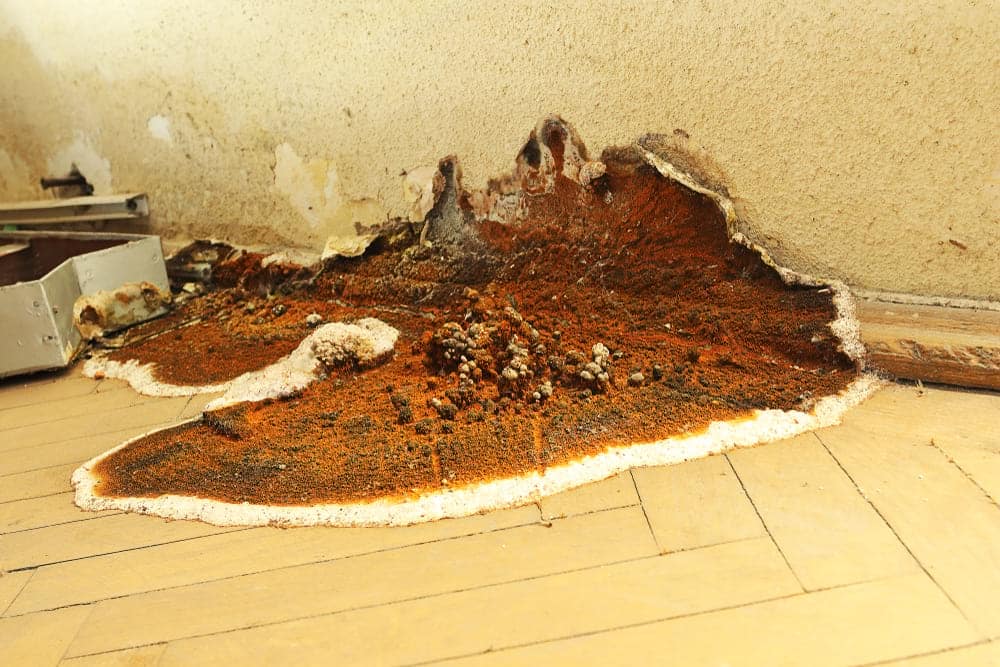The costs of selling your home are high.
Most of these are widely known.
However, there are hidden costs as well. These catch many homeowners out.
Read on to learn what these are.
Hidden contract fees
You won’t be surprised to hear that you need to pay for:
However, there could be hidden costs in the contract with any of these parties.
So, never sign documents without first reading them carefully.
Estate agent contracts vary. For example, some charge extra for marketing, or add a fee if you want to switch to another estate agent.
Likewise, your removal company’s ‘price per mile’ may go up over longer distances.
Mortgage exit fees
The timing of your house sale isn’t always in your control.
If you’re being relocated for work, for example, then you may need to sell in a short timeframe.
When your mortgage term isn’t at an end, this can trigger mortgage exit fees.
This is a sum you pay to the lender for terminating the agreement before the end of your term.
A mortgage exit fee can cost up to £300.
Energy Performance Certificate (EPC)
Energy Performance Certificates (EPC) must be updated every 10 years. Without you realising it, your old one might’ve expired.
And you’ll need to pay for a new certificate before you’re allowed to sell your house.
An EPC costs approximately £100. It could be slightly higher or lower.
Requests made by your buyers
Even when you’ve accepted an offer on your property, the hidden costs aren’t necessarily over.
Buyers may occasionally request changes to your house before proceeding with the sale, for example:
- Fixing broken cupboards
- Changing light switches
- Removing carpets.
It’s up to you whether you proceed with these requests. You’re allowed to say no and look for a new buyer.
However, if you proceed, paying for the cost to repair these items will be an unexpected expense.
In a worst-case scenario, such as replacing a boiler, the cost may be several thousand pounds.
Gas and electrical safety checks
A qualified professional must approve all gas and electrical wiring in your property. This involves a certificate stating that it’s safe to use.
If you don’t have this already, then you’ll need to bring in a qualified specialist.
They can perform the checks and issue the certificate. Although it’ll cost several hundred pounds.
Redecoration before you sell
This is entirely optional. Once you speak to an estate agent, they may recommend it, if your house is particularly rundown.
Redecoration is a smaller project designed to make your house more attractive to potential buyers. It often costs a few hundred pounds.
Meanwhile, renovation will cost much more. Renovating your bathroom or kitchen can cost around £5,000 on average per room, and sometimes more.
You’ll also need to factor this into your timeframe, as it can take several months.
You can usually sell your house without redecoration but at a lower price.
If the property is considered uninhabitable in its current form, however, then buyers may struggle to obtain a mortgage on it.
Deep clean before you sell
If it’s been a long time since you last thoroughly cleaned your house, then just before you sell is the perfect moment.
You may need to hire a professional if you don’t have the necessary equipment. This can cost several hundred pounds and take an entire day.
Alternatively, if you do it yourself, you’ll need to pay for the equipment and supplies involved.
Taxation
Selling property often involves taxes. Not everyone is as well-informed in this area as they may be!
So, it could come as a surprise.
Capital Gains Tax is due on the amount that a second home has increased in value.
And you may need to pay inheritance tax if you’ve only just inherited the property in a Will.
Mortgage adviser fee
Finally, you may choose to seek support from a mortgage adviser throughout the selling process.
In this case, they’ll charge a small fee that you must pay.
A few hundred pounds is typical. You should’ve been made aware of this when you first brought the expert on board.



















